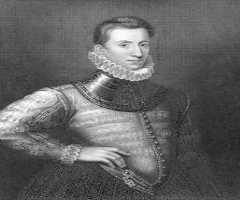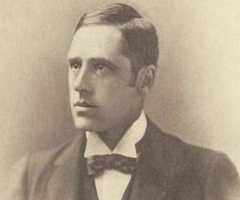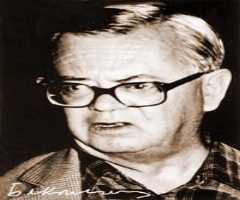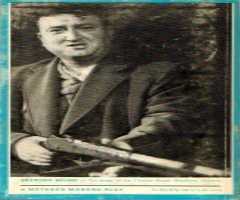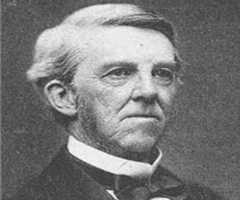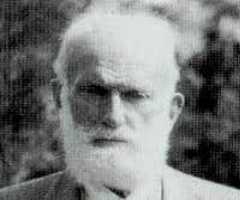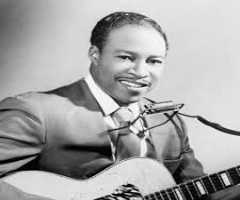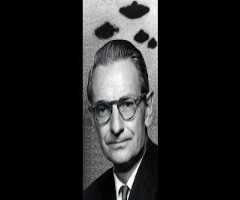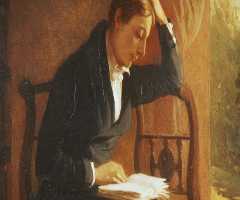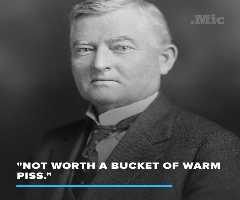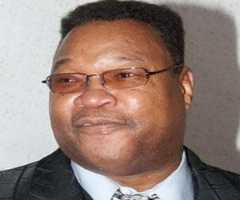William Cullen Bryant Biography, Life, Interesting Facts
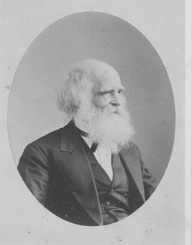
Birthday :
Died On :
Also Known For :
Birth Place :
Cummington, Massachusetts, United States of America
Zodiac Sign :
Born on November 3, 1794, William Cullen Bryant was an American journalist and a nature poet. He was one of the longest-serving editors the New York Evening Post being at the post for almost five decades and best known for Thanatopsis. William Cullen Bryant became one of the famous and most celebrated figures of his time for work as a poet.
Early Life
William Cullen Bryant was born on November 3, 1794, in Cummington, Massachusetts to Peter Bryant and Sarah Snell. His father was a doctor and later served as a state legislature. William Cullen Bryant was the second child of his parents. At age two, the family moved to a new home, The William Cullen Bryant Homestead, which is now a museum. William Cullen Bryant entered the William College as a sophomore for a year and hoped to enrol at Yale. However, due to the financial incapability of the family, that dream was shattered and resulted in the study of law in Worthington and Bridgewater in Massachusetts. Though his father was well to do, his lost his fortunes to an investment in a speculation business and with this could not support his son’s dream of enrolling at Yale. He completed his law education at age 21 and was subsequently admitted to the bar in 1815.
William Cullen Bryant commenced his law practice in Plainfield, and since he lived at Cummington, William Cullen Bryant had to work for seven miles each day for work. It as through his daily walk that he wrote To a Waterfowl, after sighting a single bird flying in the sky. He practiced law for a decade. His misfortunes as a child never hampered his dream of becoming great in life.
Poetry
William Cullen Bryant fell in love with poetry at a young age and under the tutelage of his father was able to expand that interest. Even during his study of law, William Cullen Bryant tried his hands on some poems. One of his most famous poem, Thanatopsis “mediation on death” formally presumed to be written by his father Dr. Bryant was first published in 1817. This was after Dr. Bryant had submitted it as part of his works to an editor of the North American Review, Willard Phillips. Clarifications were made later, and the poem was attributed to Bryant, and his subsequent poems began to appear in the Review.
In 1821, William Cullen Bryant came out with To a Waterfowl. During the August commencement of the Harvard University Phi Beta Kappa Society, 1821, in William Cullen Bryant was invited as a speaker and during that trip came out with The Ages and the volume titled Poems. In the volume, he updated on Thanatopsis at the beginning and ending lines giving is a different setting.
William Cullen Bryant began to have the need recognition and became an established poet after he expanded his volume, Poems and got it published in the US. Washington Irving also extended the poems to Britain in 1832. His style of writing resonated with nature and were described as being thoughtful with meditative character but slightly appealed to the mass readers.
Editorial Career
Aside from his law practice and work as a poet, William Cullen Bryant ventured into journalism to raise enough income to sustain his family. To pursue a career in journalism, William Cullen Bryant moved to New York City where he gained enough grounds with his association with the literary family, the Sedgwicks. While there, William Cullen Bryant was employed by New York Review as an editor in 1825. New York Review later merged with the United States Review and Literary Gazettejust a year after his appointment. William Cullen Bryant later picked a part-time job at the New York Evening Post as an Assistant Editor to serve under William Coleman. With his diligence, he rose to Editor-in-Chief and co-owner of the newspaper.
William Cullen Bryant set a new standard and face for the New York Evening post making it one of the most popular and respected newspaper in New York. His posture as a liberal voice attracted both the Democrat and Republican parties. William Cullen Bryant used his editorial to propagate the right of the workforce to strike, the right of religious minorities and immigrants. William Cullen Bryant also advocated for the abolition of slave trade. William Cullen Bryant also took a strong stance against corruption despite several threats and attempts to break down the newspaper. In 1855, Bryant became an Associate Fellow of the American Academy of Arts and Sciences.
Personal Life
William Cullen Bryant married Frances Fairchild on January 11, 1821. William Cullen Bryant died in1878 from complications he had after a fall in a ceremony to honor Italian patriot Giuseppe Mazzini. He was interred at Roslyn Cemetery in Long Island, New York.
Later Years
In the latter part of his career, William Cullen Bryant moved from writing his own poems to the translation of Homer’s works. From 1871 to 1874, he took the pain to work on Iliad and The Odyssey. William Cullen Bryant later became a hymnist for the Unitarian Church and one of the principal authorities on homeopathy.
Critical Response
Bryant’s poetry works came under critical scrutiny and received both praise and condemnations. One of his ardent critics of his works was Thomas Holley Chivers, who sees Bryant’s only poetry work as Thanatopsis. Even with that, he criticised William Cullen Bryant stealing most of its lines from the Spanish. Edgar Allan Poe, however, differed from Chivers assessments and praised Bryant for his works especially for June and his essay The Poetic Principle. William Cullen Bryant also received praised from the likes of editor and children writer Mary Mapes Dodge, who termed his poems as far-reaching well in the world.
Honors
The New York City's Reservoir Square was renamed Bryant Park in 1884 in his honor. William Cullen Bryant is named after the Seattle neighborhood Bryant as well as other schools, facilities, and neighborhoods.
More Poets
-
![Sir Philip Sidney]()
Sir Philip Sidney
-
![George Herbert]()
George Herbert
-
![Banjo Paterson]()
Banjo Paterson
-
![Blaže Koneski]()
Blaže Koneski
-
![Brendan Francis Behan]()
Brendan Francis Behan
-
![Miljenko Jergovic]()
Miljenko Jergovic
More People From Massachusetts
-
![Percy Williams Bridgman]()
Percy Williams Bridgman
-
![Jared Diamond]()
Jared Diamond
-
![Madeline Kahn]()
Madeline Kahn
-
![Oliver Wendell Holmes]()
Oliver Wendell Holmes
-
![Casey Affleck]()
Casey Affleck
-
![George Lyman Kittredge]()
George Lyman Kittredge
